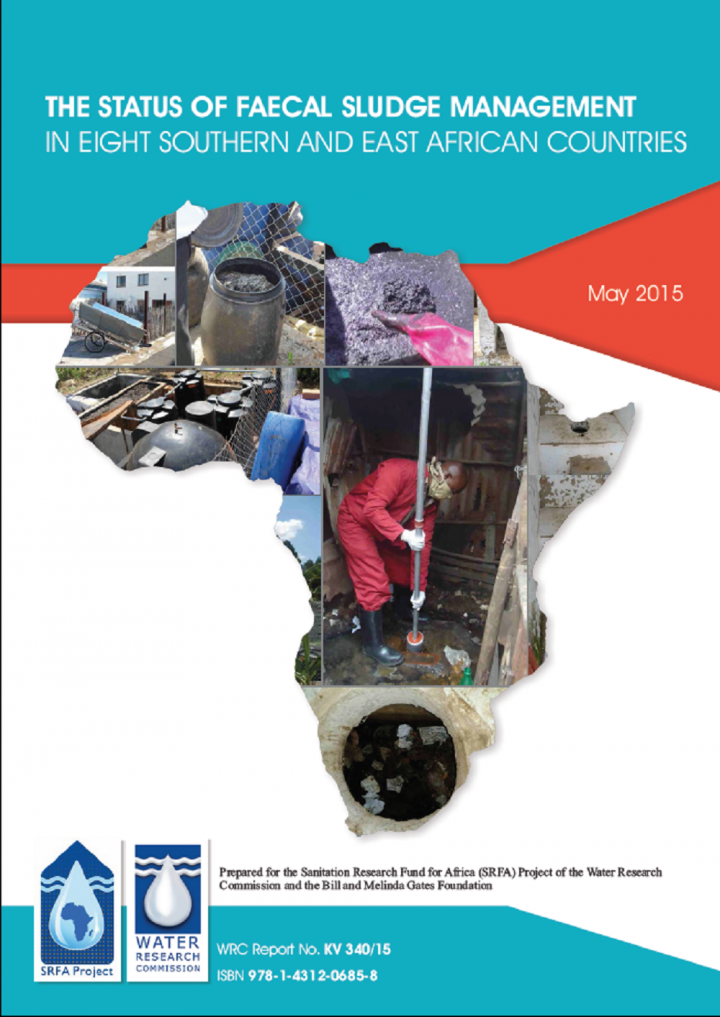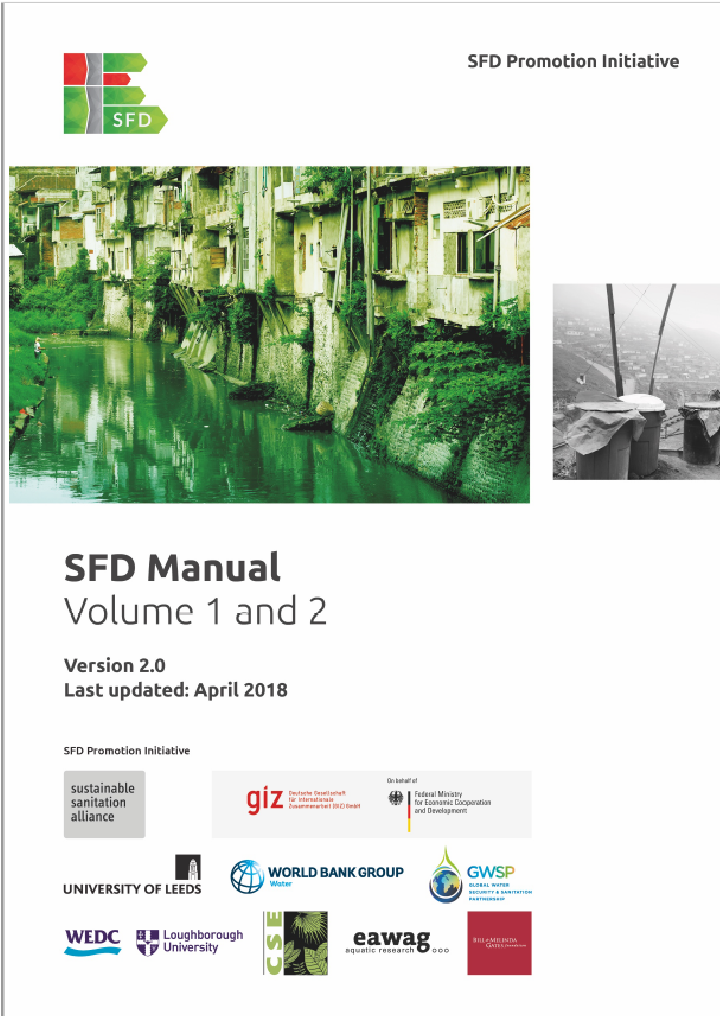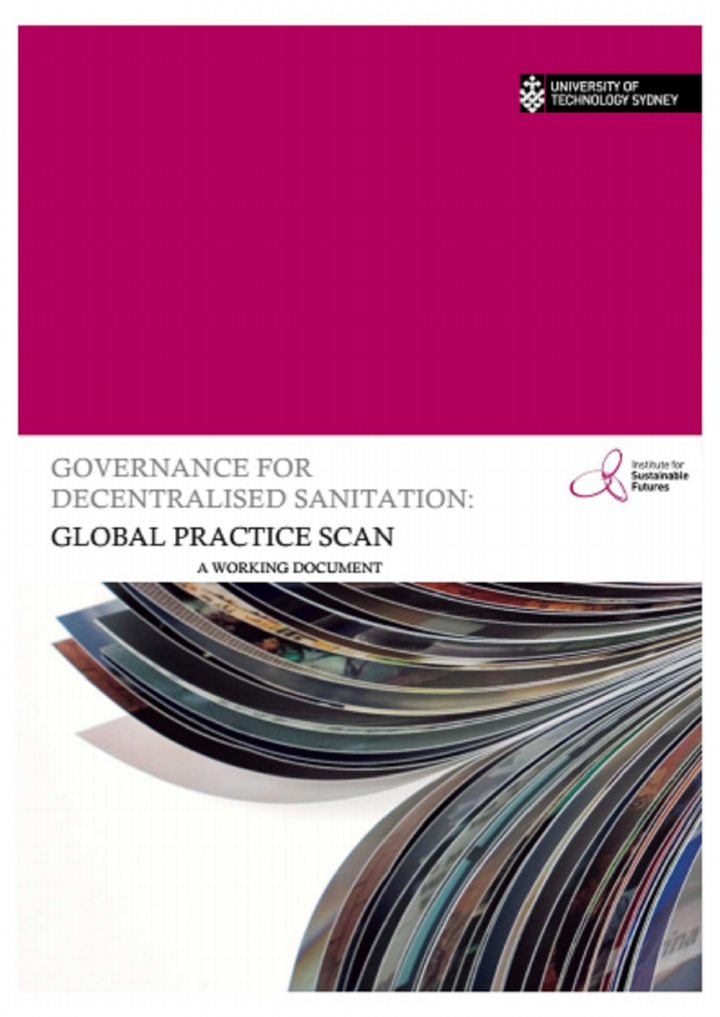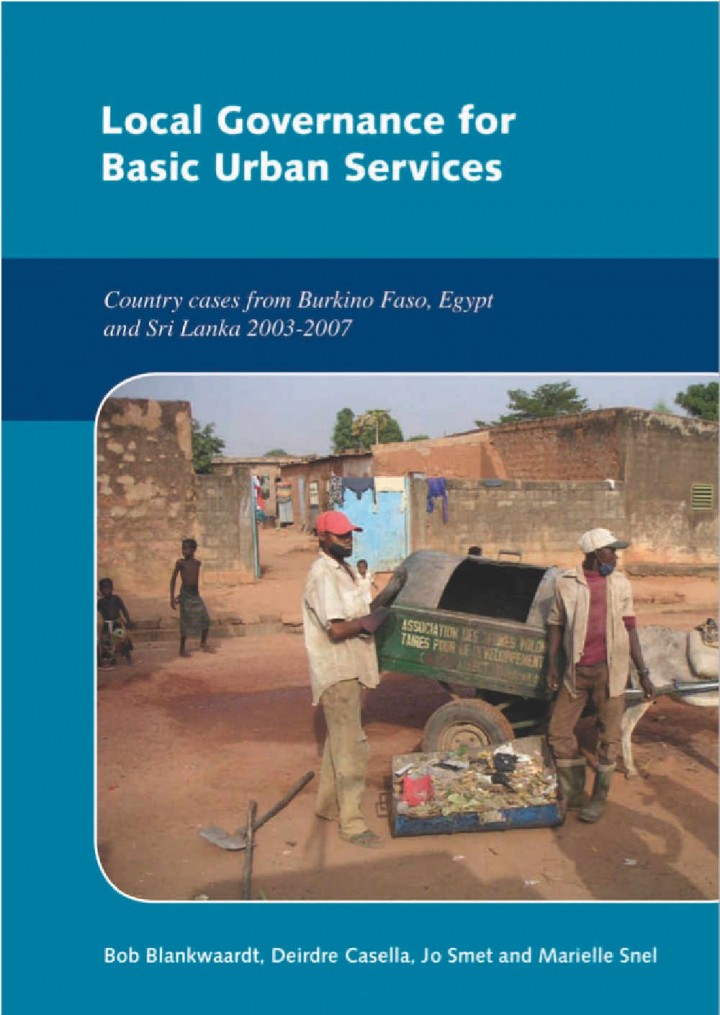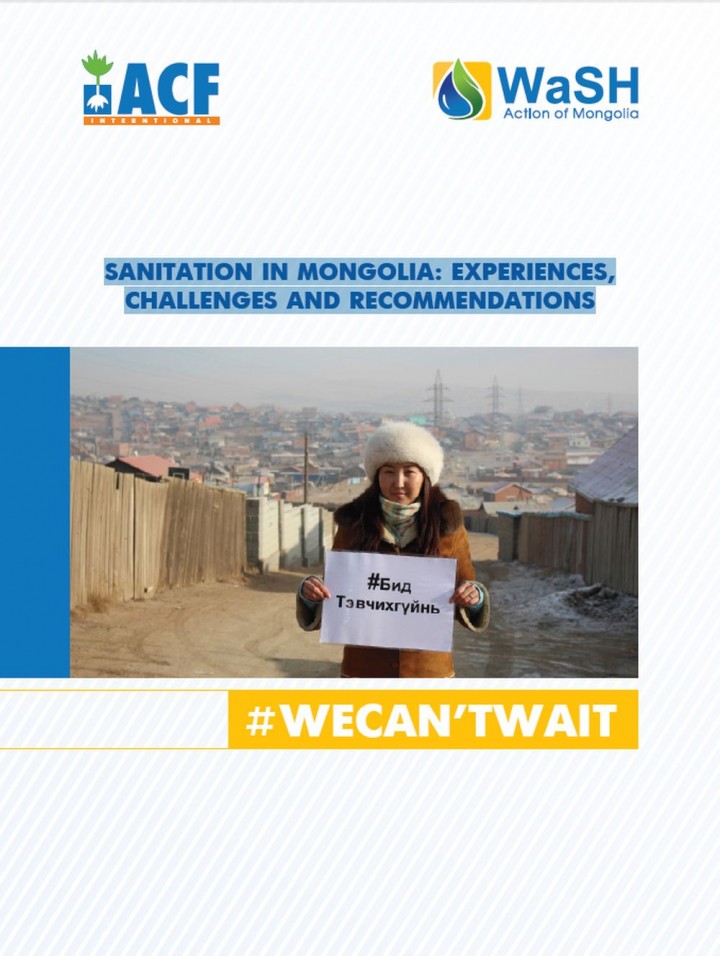Searching for information on Sanitation Workers?
The Sanitation Workers Knowledge + Learning Hub is the best source for all current news, trends, articles and updates on sanitation workers rights around the world.
The WASH e-paper is an online magazine published at regular intervals in German and English. Each issue takes a closer look at a current key issue in the water, sanitation and hygiene (WASH) sector and related areas. It also provides updates on forthcoming national and international events, highlights current publications and projects, and reports on news from the sector. The WASH e-paper is …
In early 2004, the then United Nations Secretary-General Ko Annan called on former Prime Minister Ryutaro Hashimoto of Japan to Devise and execute this idea: bring together eminent people to advise on how to solve the planet’s foremost water and sanitation troubles, suggest a handful of attainable recommendations and a concise plan of action, and then provide the high-level leadership needed …
This publication, jointly prepared by WHO, the United Nations Children’s Fund (UNICEF) and the United States Agency for International Development (USAID), summarizes the current evidence on the benefits of WASH for improving nutrition outcomes and describes how WASH interventions can be integrated into nutrition programmes. It provides practical suggestions, targeted at nutrition programme …
In 2012, the Water Research Commission, together with the Bill and Melinda Gates foundation, took a strategic decision to develop capacity in Africa to deal with faecal sludge management. This initiative, known as the Sanitation Research Fund for Africa (SRFA) Project, provides an exclusive research and development grant of up to US$200 000 to African institutions and organisations.
12 …
This report provides a systematic review of the evidence to date, both published and grey literature, on the relationship between water and sanitation and nutrition. We also examine the potential impact of improved water, sanitation and hygiene (WASH) on undernutrition. This is the first report that undertakes a thorough review and discussion of WASH and nutrition in Bangladesh. The report is …
WSP’s Scaling Up Rural Sanitation is working with governments and the local private sector to develop the knowledge needed to scale up rural sanitation for the poor. The programmatic approach combines Community-Led Total Sanitation (CLTS), behaviour change communication, and sanitation marketing to generate sanitation demand and build up the supply of sanitation products and services at scale. …
Kumasi is the second largest city in Ghana and lies in the Ashanti Region in the south of the country (Adarkwa, 2011). The city covers approximately 254 sq. km. It has an approximately population of 2.7 million with an annual growth rate of 5.5% (City Population, 2015, World Bank, 2008). A high percentage of the population of Kumasi is reliant on public toilets that are properly regulated by KMA …
The WASH e-paper is an online magazine published at regular intervals in German and English. Each edition takes a closer look at a current key issue in the water, sanitation and hygiene (WASH) sector and related areas. It also provides updates on forthcoming national and international events, highlights current publications and projects, and reports on news from the sector. The WASH e-paper is …
The WASH e-paper is an online magazine published at regular intervals in German and English. Each edition takes a closer look at a current key issue in the water, sanitation and hygiene (WASH) sector and related areas. It also provides updates on forthcoming national and international events, highlights current publications and projects, and reports on news from the sector. The WASH e-paper is …
An excreta flow diagram (also often described as shit flow diagram, SFD) presents a clear picture of the outcome arising from wastewater and faecal sludge management practices and services in a city or town. This is expressed in terms of the percentage of the population. An accompanying report describes the service delivery context of the city or town.
Dar es Salaam lies on the coast of the Indian Ocean and is the largest city and economic hub of Tanzania (DCC, 2004). The 2015 population is estimated to have reached more than 5 million inhabitants (NBS,2013). In Dar es Salaam, it was estimated that 43% of excreta is managed safely while 57% of the excreta ends up directly in the environment without adequate treatment.
This Shit Flow Diagram …
Capacity development helps to strengthen and sustain this foundation. UNDP defines it as the process through which individuals, organizations and societies obtain, strengthen and maintain the capabilities to set and achieve their own development objectives over time. It is the ‘how’ of making development work better and is at the heart of UNDP’s mandate and functions. The UNDP Strategic …
The purpose of this document is to improve planning and implementation of capacity development, including dialogue about and support to such processes from development partners.
The approach and the tools presented are developed to assist practitioners, including staff and managers in public
organisations who are tasked with developing the capacity of a sector, a subsector or an individual …
Capacity development and environmental sustainability are both central to UNDP ’s mandate and programming. The purpose of this Practitioner’s Guide is to provide practical guidance to UNDP staff, partner countries and other development partners on the nature of environmental capacity and how to support capacity development for environmental sustainability (CDES ). The guide builds on UNDP …
This primer addresses the basic elements of the UNDP approach to capacity development. It provides a simple, cogent and accessible illustration of the UNDP Capacity Development Approach for the benefit of development practitioners both within and beyond the UN development system – a real-world guide to real-world applications to strengthen and contribute to national capacities for development. …
This thematic discussion series addressed the Sustainable Development Goals (SDGs) with regard to whether they will be able to provide momentum to ensure successful sanitation outcomes within their 15-year time period. In particular, the discussion examined the SDG indicators on sanitation, efforts to prioritise those most in need within the SDG process, civil society’s role in monitoring the …
This Handbook is the product of six years of work by the first UN Special Rapporteur on the human rights to water and sanitation. It explains the meaning and legal obligations that arise from these rights, translating the often complex technical and legal language into accessible information.
This Handbook has been developed to:
•clarify the meaning of the human rights to water and …
This short booklet presents a summary of IRC’s activities within the framework of the Basic Urban Services (BUS) Initiative, carried out over a five-year period (2003-2007) through an Agreement of Cooperation with UNCHS (UN-Habitat). The activities formed an integral part of, and contribution to, the implementation of the Second Phase Dutch Support to the Sustainable Cities Programme (SCP). …
This work was motivated by the fact that sanitation in areas not served by water and sewer infrastructure has not registered a visible improvement during the last ten, fifteen years in Mongolia.
This is true both at Soum or Aimag level as well as at Ulaanbaatar level where 65% of the population, approximately 180.000 household relies on unimproved pit latrines characterized by very poor …
This manual provides the background of greywater characteristics and gives guidance how to construct and operate a low-tech sand filter for onsite greywater treatment. It describes all aspects to be considered in the process of planning, construction and maintenance of greywater filters on the household level in rural areas. This manual is made for practitioners, technicians and interested …
The article by Fiona Budge asserts that ‘Shit’ is still a highly sensitive topic across all cultures, which has led to diverse problems establishing programmes that aim to prevent Open Defecation. On basis of a case study in Nepal and theories of disgust this publication reflects on the reasons for the taboo state of the topic and possible solutions.
There are today more people without access to adequate sanitation than in 2000, despite the commitment included in the MDGs to halve by 2015 the proportion of people without sustainable access to basic sanitation. This has many consequences for the well-being and potential of many people: sanitation related diseases account for about 800,000 children death per year; open defecation leads to …




